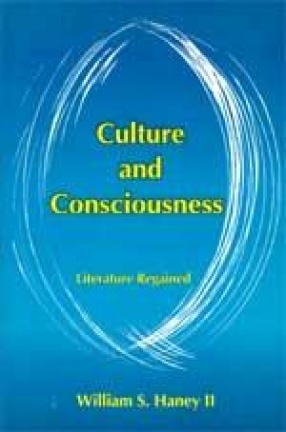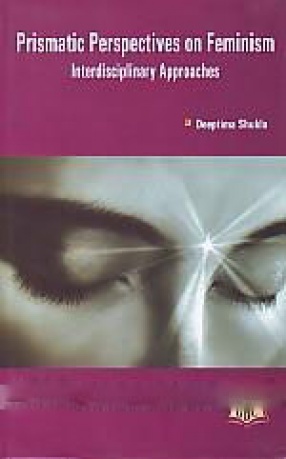Culture and Consciousness argues that the vast interdisciplinary boom in consciousness research has enormous implications for literary and cultural studies, and that the potential benefits of this research in the twenty-first century are momentous. Its objective is to show how consciousness studies can help us reassess our approach to key issues and the fundamental assumptions of contemporary theory and criticism. In eight chapters, the first three theoretical and the others largely applied, major points of contention in the humanities are explored through a perspective that accommodates the full range of mind and consciousness. Haney demonstrates that the debates in theory surrounding the questions of identity, truth, and language, which have so far eluded the mind or reason, cannot be resolved without recourse to the structure of consciousness and intersubjectivity – an interaction mediated by language and resulting in mutual agreement. Chapters for to eight apply the notion of intersubjectivity to the reading of specific works. A key implication of this book is that questions in literary and cultural theory concerning binaries such as presence and absence, pattern and randomness, the given and the made, the individual and the collective will continue to elude the mind as a reservoir of rational thought. We can only begin to understand these issues by taking into consideration the difference between mind and consciousness. The free play of postmodern culture with its conceptual indeterminacy and lack of depth can help to free awareness from the phenomenal objects of the mind by allowing attention to slip into the spaces between these objects. This slippage is promoted by intersubjectivity, a process of “relating to the other,†whether the other is a human being, a creative inspiration, or a work of art. Hancy contends that at a certain level the duality of self and other is overcome in an experience of unity. To support this claim, the first part of the book suggests how all knowledge domains – sensory, mental, and contemplative – can be seen as distinct but integrated. No one sphere can rightfully dominate the others, as in the materialist or poststructuralist domination of the subject. Because consciousness cannot be explained by sensory or mental empiricism, no theory like poststructuralism or postmodernism can effectively call into question something still beyond third-person, consensual understanding. What integrates these domains is not language or reason but consciousness, understood as the all-pervasive ground of knowledge. Access to this ground is enhanced by aesthetic experience and by certain postmodern cultural acts, as the second part of the book demonstrates.
Culture and Consciousness: Literature Regained
In stock
Free & Quick Delivery Worldwide
reviews
Bibliographic information
Title
Culture and Consciousness: Literature Regained
Author
Edition
1st ed.
Publisher
ISBN
8120827554
Length
197p., Notes; Bibliography; Index; 23cm.
Subjects




There are no reviews yet.